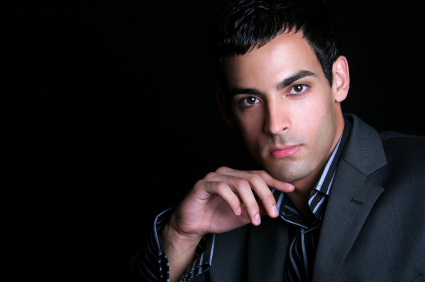
Persuasive speaking can be extremely powerful when you believe in your message and have learnt to use the techniques. It can sway audiences, close deals and get people on your side. SpeechSchool.TV has been providing one of the leading online courses on the internet for many years in the form of their Master Communicator program, using many of the techniques from the presenter’s own career as a top Advertising Creative Director. However, for many English speakers nowadays, English is not their first language and that can mean strong accents when speaking.
According to John Curtis, Course Director at SpeechSchool.TV, the first question is whether the accent impacts on the message and being understood. “People have to be honest with themselves,” he says. “You may think your accent is not that strong but in fact listeners may be struggling to understand your message, let alone be convinced by it.”
He gives the example of one particular presentation where a speaker with a strong Italian accent was trying to persuade an organisation to take an important and difficult decision. “First, I looked around the room and could see that people were having to concentrate extra hard just to understand what was being said. That means people can’t relax and enjoy the message initially as there is effort involved in processing it, which in turn reduces the persuasiveness of it,” Curtis says. “Second, the main message wasn’t getting through. As one of the other participants remarked in private afterwards – ‘I couldn’t really understand all of it and found myself sort of enjoying the Italian accent and thinking about Tuscany and Chianti rather than the subject at hand!'”
To help students like this, SpeechSchool.TV has developed an accent softening and pronunciation program to ensure students are speaking English as clearly as they can before going on to learn to become advanced and persuasive public speakers.
The School’s Master Speaker English Accent program teaches Standard English Pronunciation which works to give all speakers the clearest form of pronunciation possible so that they may then go on and achieve great results in their speeches and English communication.
All speakers of English, no matter their language background, can develop a style and mix that works for them and is persuasive. Find out how








